A new study released by Safefood Ireland has found the vast majority of Irish people do not thoroughly wash their hands after handling raw chicken and fail to properly wash down their kitchen surfaces after food preparation.
The findings were released to coincide with a new campaign by Safefood, which aims to show how easily food poisoning germs can spread in the kitchen.
The study involved 120 people preparing two meals – a beef burger and a warm chicken salad. They had to follow specific instructions, with 60 of the people working in a test kitchen, while the  other 60 worked in their own kitchens.
other 60 worked in their own kitchens.
Throughout both kitchens, webcams were used to observe the task and swabs were taken from the food, kitchen surfaces and the participants’ hands to assess the presence of potentially dangerous bacteria.
When it came to the participants’ hands, at least eight in 10 had not washed theirs properly after handling raw chicken, while the hands of one in three were contaminated with raw meat bacteria after the exercise.
Almost all of the kitchen surfaces had not been washed properly after food preparation and almost half of the kitchens were contaminated with raw meat bacteria.
Half of the chopping boards used were also not properly washed and were contaminated with raw meat bacteria and the use of utensils was no better.
In fact, almost three in four people failed to properly wash the knife they had been using on raw chicken before reusing it on salad vegetables. Furthermore, at least one in three side salads that were server with a beef burger were contaminated with raw meat bacteria.
Meanwhile, results from a second study also showed that raw meat bacteria can live for at least 24 hours on kitchen surfaces.
According to Safefood chief executive, Martin Higgins, ‘by highlighting the trail of these germs around the kitchen and revealing their journey, the campaign emphasises the dangers to consumers of not following simple food hygiene practices and the risks this can pose to themselves and others’.
Another interpretation would be, bugs that make people sick are not simple to control; they’re everywhere and easily move about, which is why loads have to be reduced before foods enter a grocery store, or restaurant or home kitchen. Food safety is not simple.

 unwelcome serving of its own: a cease and desist order from the San Francisco Department of Public Health.
unwelcome serving of its own: a cease and desist order from the San Francisco Department of Public Health. 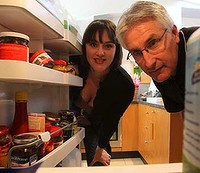 dishes, stove top and fridge. ”It is amazing how quickly people forget an officer is in the kitchen.”
dishes, stove top and fridge. ”It is amazing how quickly people forget an officer is in the kitchen.”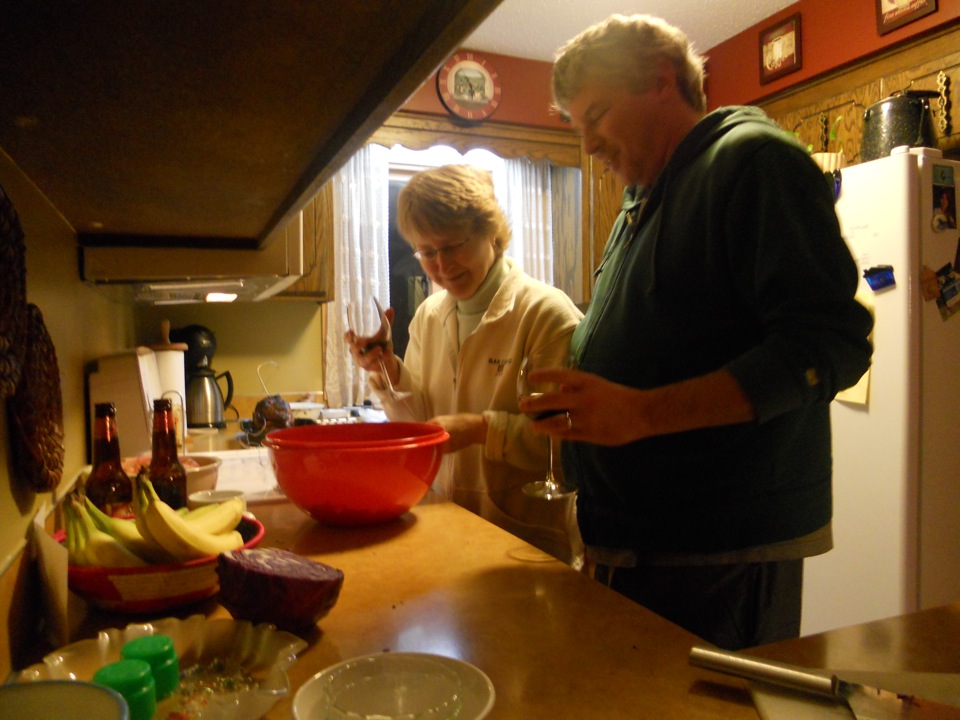 ingredients suspect.
ingredients suspect. directly into a bowl of mashed potatoes, for instance, this could cross-contaminate foods and spread foodborne illness.
directly into a bowl of mashed potatoes, for instance, this could cross-contaminate foods and spread foodborne illness.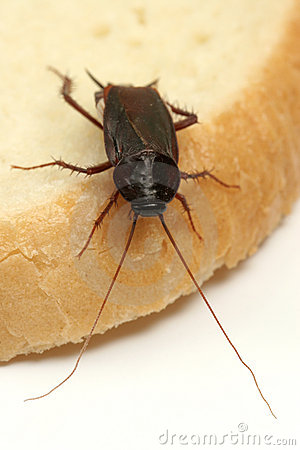 preparation areas including from chopping boards, bench tops and dish clothes as part of their routine inspections.
preparation areas including from chopping boards, bench tops and dish clothes as part of their routine inspections.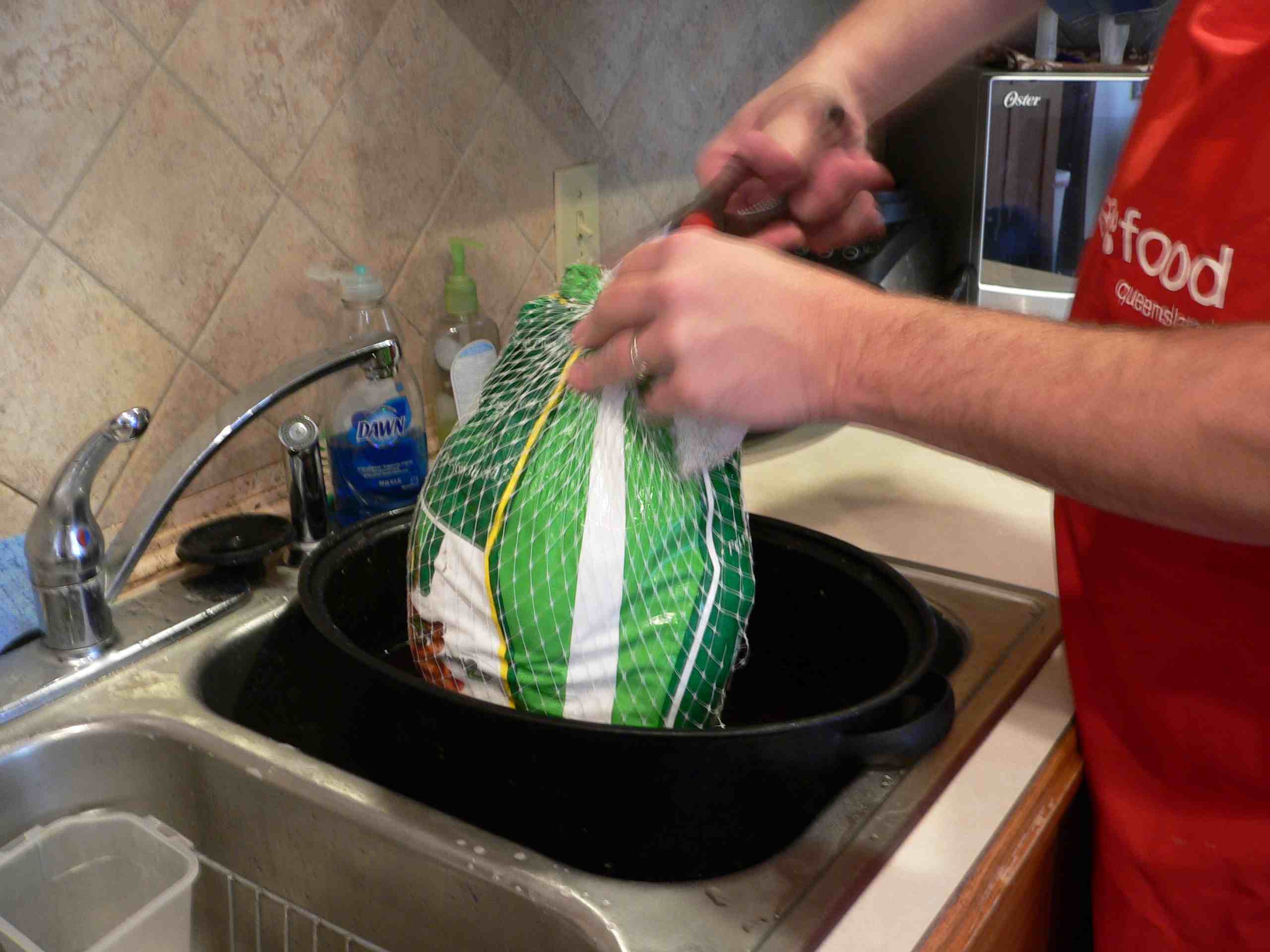 47F and an interior temperature of 39F (I’ve been letting it sit on the counter to warm up in preparation for cooking).
47F and an interior temperature of 39F (I’ve been letting it sit on the counter to warm up in preparation for cooking).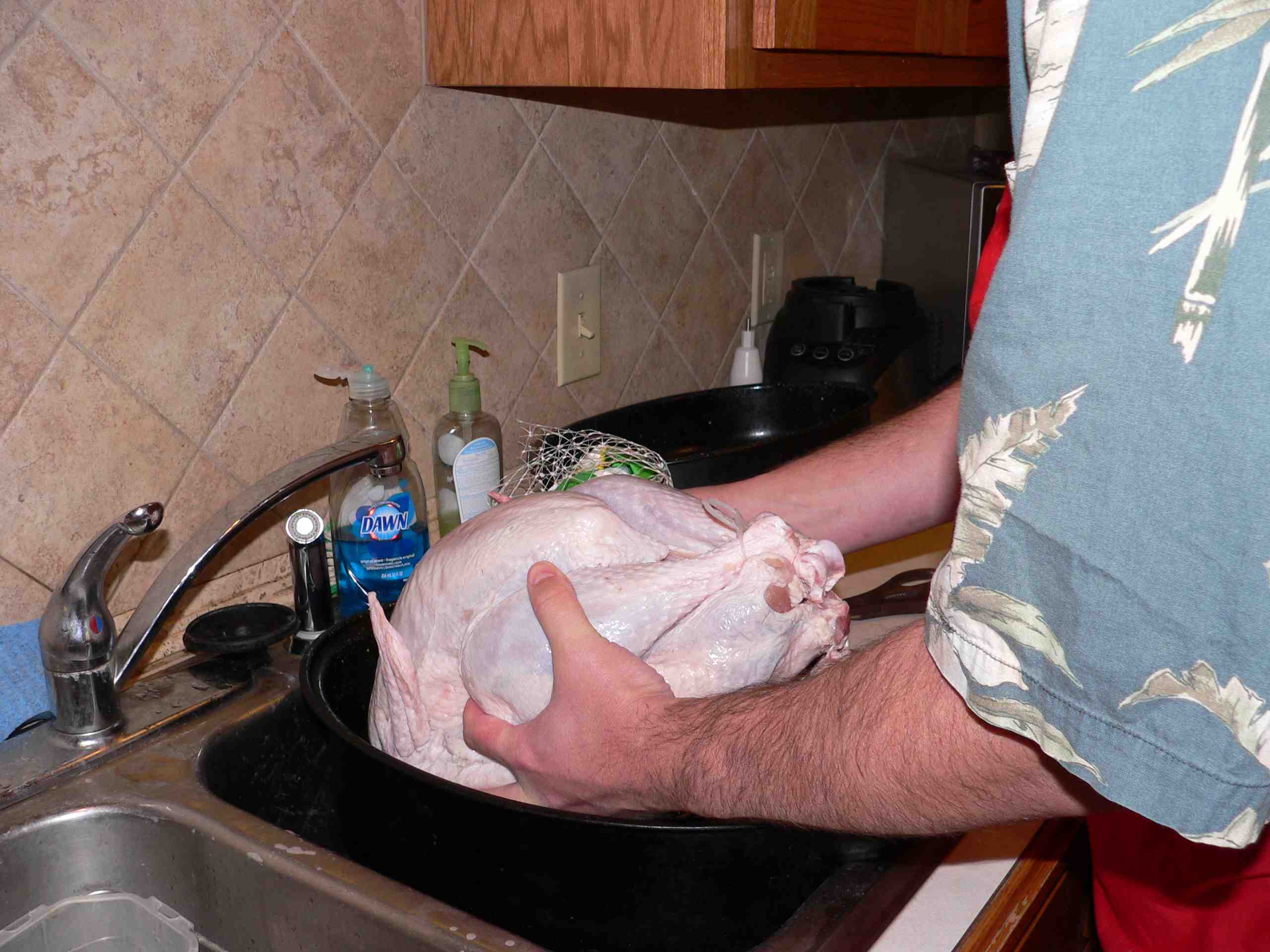 was a package of gravy mix in the cavity, covered in all sorts of bacteria. Got that into its own container, and the neck into the stock pot. Got me and the surrounding area cleaned up.
was a package of gravy mix in the cavity, covered in all sorts of bacteria. Got that into its own container, and the neck into the stock pot. Got me and the surrounding area cleaned up.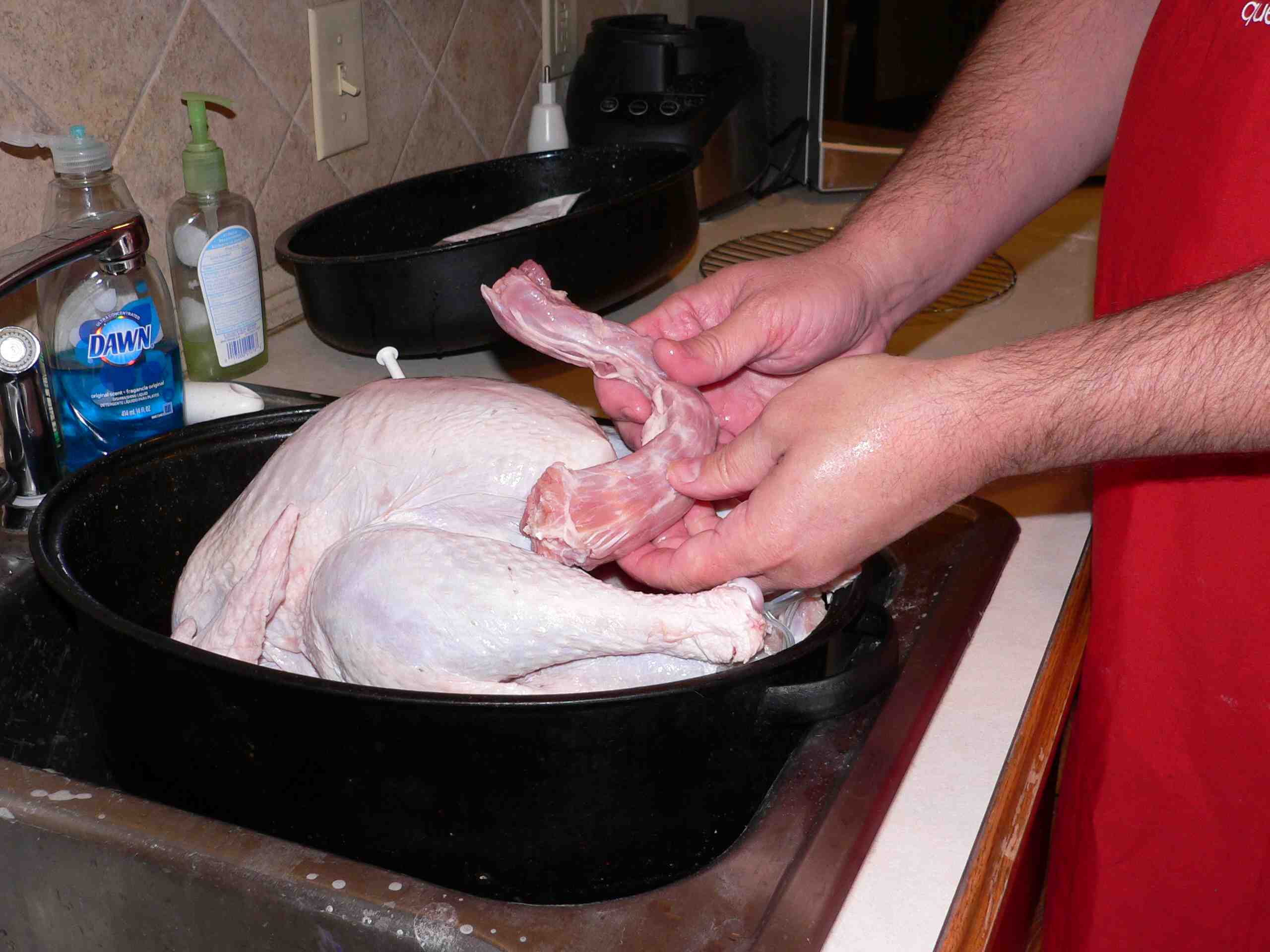

 investigating.
investigating.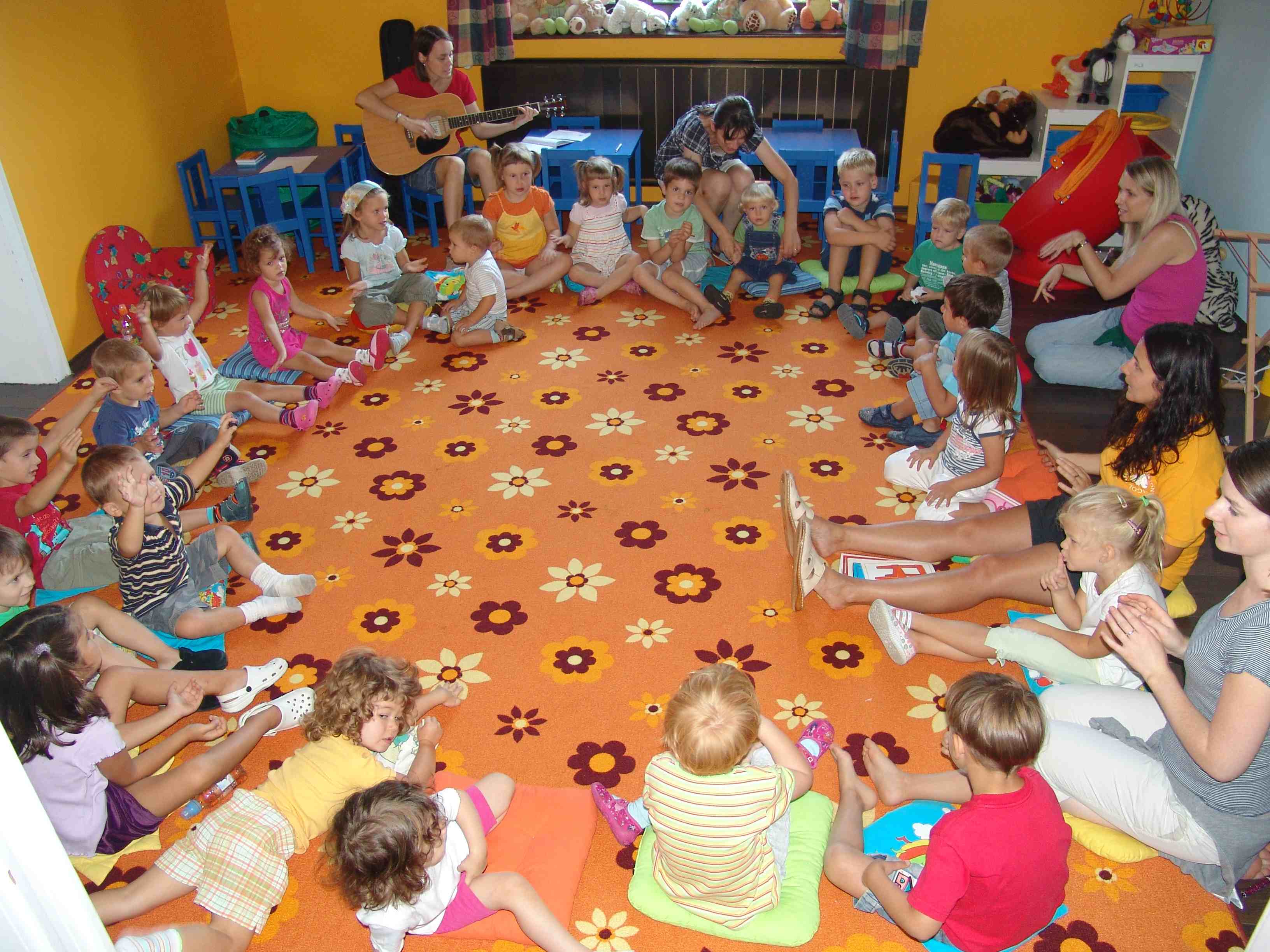
 probably filthier than New York’s dirtiest dive.”
probably filthier than New York’s dirtiest dive.”